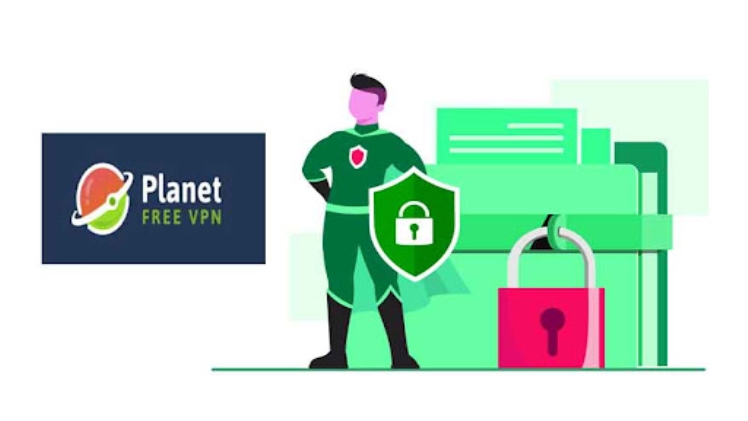Identity theft is a prevalent concern in today’s digital age, with cybercriminals constantly devising new and sophisticated methods to steal personal information. This article aims to shed light on how to detect and prevent identity theft using a Virtual Private Network (VPN).
Understanding Identity Theft
What is identity theft?
Identity theft occurs when someone wrongfully acquires and uses another person’s personal information, such as their name, social security number, or financial details, without their permission. This stolen information can be used for various fraudulent activities, including unauthorized financial transactions, opening accounts in the victim’s name, and even committing crimes.
Common methods used by identity thieves
Identity thieves employ a variety of techniques to obtain personal information. These methods include phishing emails, data breaches, hacking, and even physically stealing documents or devices. With the increasing prevalence of online activities, it’s crucial to be vigilant and proactive in protecting your identity.
The Role of VPNs in Identity Theft Prevention
What is a VPN?
A Virtual Private Network, or VPN, is a technology that creates a secure and encrypted connection between your device and a remote server. This connection effectively masks your online presence, making it challenging for cybercriminals to intercept your data.
How a VPN can protect your identity
When you connect to the internet through a VPN, your data is encrypted, making it nearly impossible for hackers to intercept your online activities. Additionally, a VPN can change your IP address, further enhancing your online privacy. By routing your connection through remote servers in various locations, it becomes extremely difficult for anyone to trace your online behavior back to you.
Detecting Identity Theft
Identity theft can have devastating consequences if not detected early. To protect yourself, it’s essential to be aware of the signs and red flags that may indicate your personal information has been compromised.
Signs and red flags to watch for
- Unfamiliar transactions on your bank or credit card statements.
- Receiving bills or collection notices for debts you don’t owe.
- Unexpected denials of credit or loans due to a poor credit rating.
- Unexplained changes in your credit report.
- Notifications from your email or social media accounts about suspicious activities.
Steps to take if you suspect identity theft
If you notice any of the signs mentioned above, it’s crucial to take immediate action. Contact your financial institutions, credit bureaus, and local authorities to report the theft and start the process of restoring your identity and financial stability.
Preventing Identity Theft with a VPN
How to choose the right VPN service
To effectively prevent identity theft, selecting the right free VPN service is essential. Consider factors like security features, server locations, and user reviews. It’s also advisable to opt for a paid VPN service, as they tend to offer better security and privacy features compared to free alternatives.
Tips for using a VPN effectively
Using a VPN is a reliable method to prevent identity theft, but it’s important to use it correctly. Always keep your VPN software up to date, choose strong encryption settings, and connect to servers in locations with stringent data protection laws. Additionally, avoid sharing personal information when connected to public Wi-Fi networks.
Additional Security Measures
While a VPN is a powerful tool for identity theft prevention, it’s not the only step you should take to safeguard your personal information.
Beyond VPN: other steps to safeguard your identity
- Regularly monitor your credit reports for suspicious activity.
- Enable two-factor authentication for your online accounts.
- Be cautious about sharing personal information online and on social media.
- Use strong, unique passwords for all your accounts.
- Educate yourself about the latest identity theft scams and tactics.
Conclusion
In conclusion, identity theft is a pervasive and serious threat in our interconnected world. Taking steps to detect and prevent identity theft is crucial to protect your personal and financial information. A VPN is an effective tool in this effort, offering a secure shield against cybercriminals. However, it’s essential to combine VPN usage with other security measures to ensure comprehensive protection.
By staying vigilant and taking proactive measures, you can significantly reduce the risk of falling victim to identity theft.
FAQs
-
Is using a VPN the only way to prevent identity theft?
- No, while VPNs provide a strong layer of protection, other security measures, such as strong passwords and monitoring your credit reports, are also essential.
-
Are free VPN services effective in preventing identity theft?
- Paid VPN services are generally more reliable and secure than free options, making them a better choice for identity theft prevention.
-
How do I know if my identity has been stolen?
- Look for signs like unfamiliar transactions and unusual notifications from your financial institutions or online accounts.
-
Can a VPN protect me from all forms of cyber threats?
- While VPNs are effective against many threats, they cannot protect against all cyberattacks, so it’s essential to combine them with other security practices.
-
What should I do if I suspect my identity has been stolen?
- Contact your financial institutions, credit bureaus, and local authorities immediately to report the theft and initiate the recovery process.

